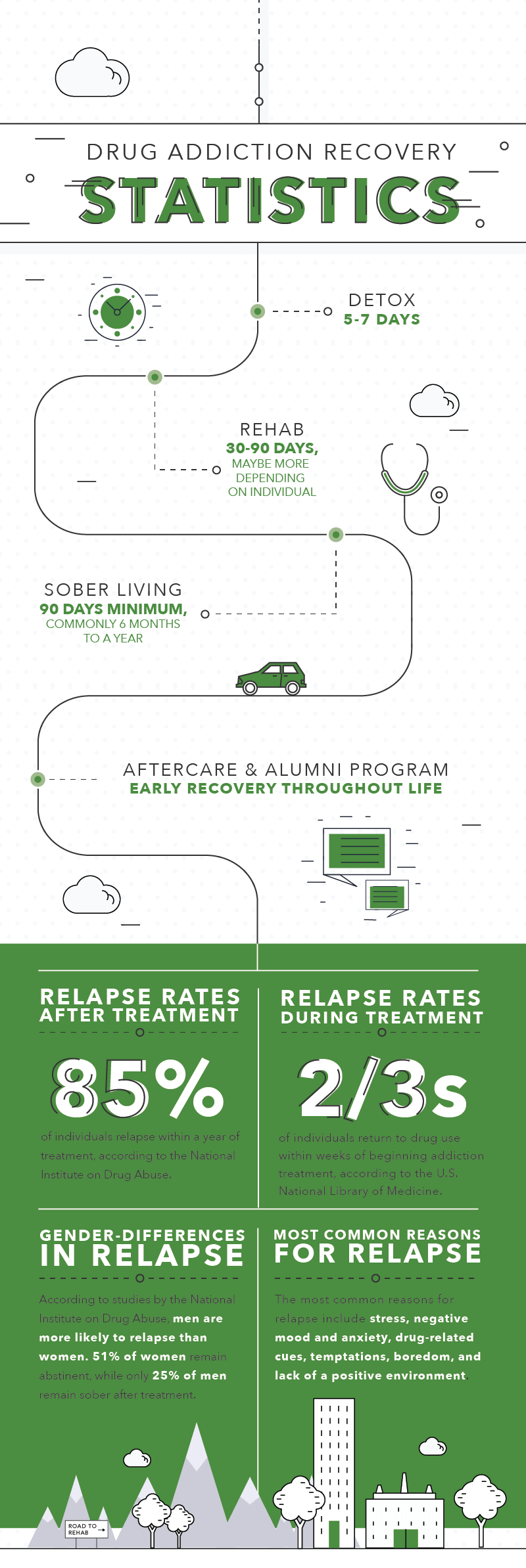Dealing With Triggers And Cravings After Drug Rehab
Dealing With Triggers And Cravings After Drug Rehab
Blog Article
Author-Iversen Cash
You have actually finished Drug rehab and taken a considerable step in the direction of a healthier way of living. Today, facing triggers and cravings post-rehab can be a tough journey. How do you navigate through these moments without compromising your progress? Recognizing the methods to cope with triggers and desires is important in maintaining your sobriety. Let's explore reliable methods to deal with these difficulties and secure your newly found dedication to living a drug-free life.
Recognizing Triggers and Cravings
To properly manage your triggers and food cravings, begin by recognizing the circumstances or emotions that bring about your need to use. Take a moment to reflect on what situations or sensations prompt your cravings. Is it stress and anxiety, monotony, social situations, or particular areas? By pinpointing these triggers, you can better prepare yourself to deal with them.
Triggers can be both interior, such as unfavorable feelings or physical discomfort, and external, like being around people who utilize compounds or going to a specific place.
Pay attention to patterns in your cravings-- are they much more regular at particular times of the day or in action to particular occasions?
Structure Healthy And Balanced Coping Approaches
Recognizing your triggers and desires is the very first step towards structure healthy and balanced coping methods to manage them effectively. Once you know what scenarios, feelings, or people activate your desires, you can begin establishing a plan to resolve them.
One reliable method is to change negative actions with positive ones. For example, if anxiety triggers food cravings, exercising leisure methods like deep breathing or meditation can aid. Taking part in exercises such as workout or choosing a stroll can also be a fantastic way to deal with yearnings.
Another vital facet of building healthy and balanced coping strategies is to produce a helpful setting. Surround on your own with individuals that comprehend your journey and can offer inspiration and responsibility. It's important to develop limits with individuals that might not sustain your recuperation.
In addition, creating a regimen that consists of healthy behaviors like regular exercise, appropriate nourishment, and sufficient sleep can aid you stay on track and minimize the chance of experiencing triggers and desires.
Looking For Assistance and Responsibility
Producing a network of encouraging individuals that can supply encouragement and hold you liable is critical in taking care of triggers and food cravings properly. Choose good friends, family members, or a support system that recognize your journey and can use support when you encounter challenging circumstances.
Having relevant web-site to talk with throughout moments of temptation can make a substantial difference in staying on track with your recovery. Accountability partners can aid you remain concentrated on your objectives and remind you of the reasons you picked to look for help in the first place.
They can also assist in creating an organized strategy to handle triggers and desires, such as creating alternate tasks or coping mechanisms to change need to make use of medications. Routine check-ins with your support group can give reassurance and motivation, assisting you feel much less separated in your healing journey.
Verdict
Bear in mind, acknowledging and handling triggers and yearnings after Drug rehab is a crucial element of keeping soberness.
By determining see this here , building healthy and balanced coping techniques, and seeking support from enjoyed ones or support system, you can navigate through difficult minutes and stay concentrated on your sobriety objectives.
Bear in mind, you aren't alone in this journey, and with the right devices and support, you can overcome lures and live a fulfilling, drug-free life.
Stay solid and maintain moving forward.
